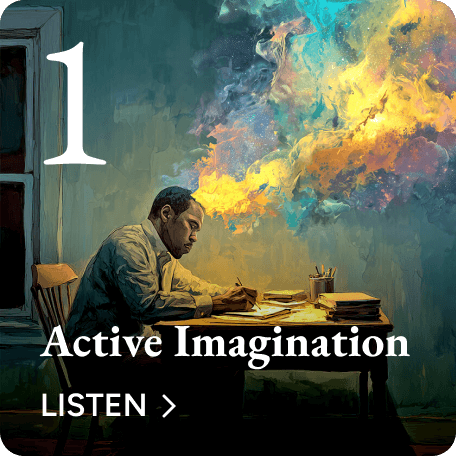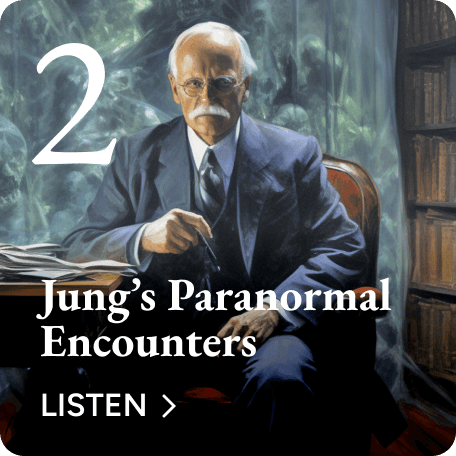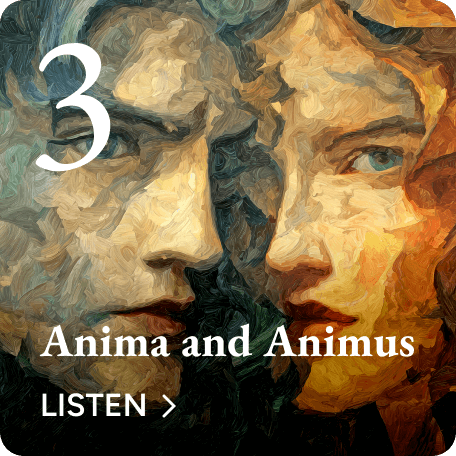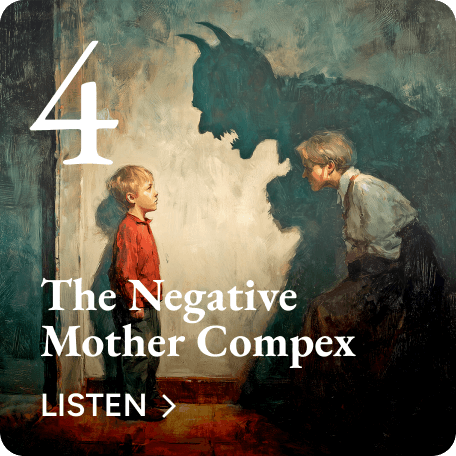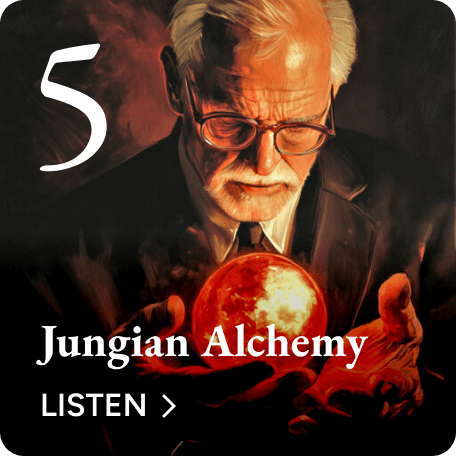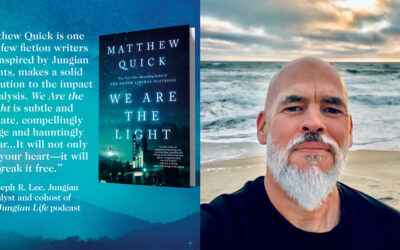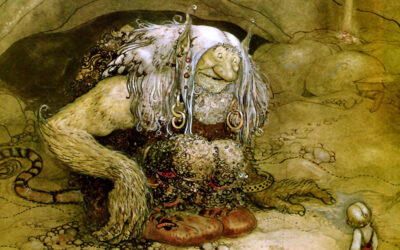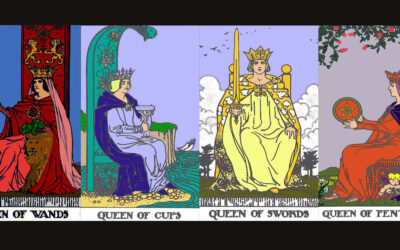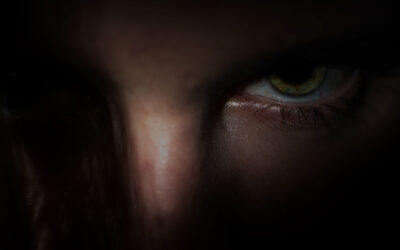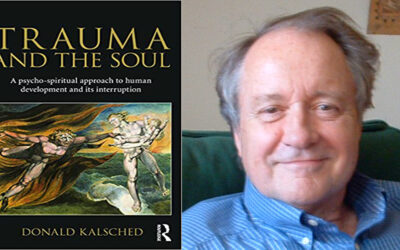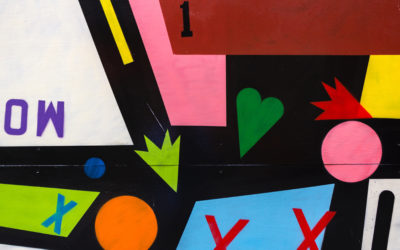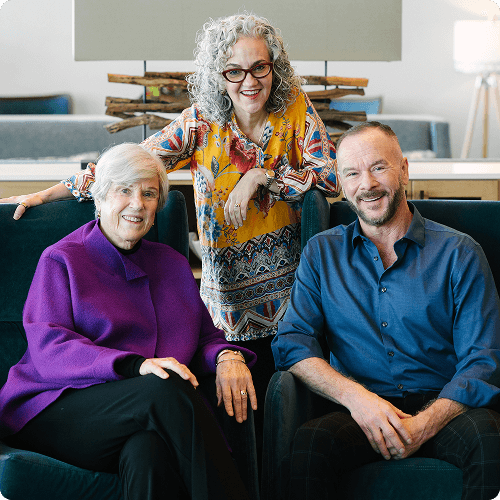Over 25 Million Downloads
Our Podcast
Eavesdrop on Lisa, Deb, and Joseph as they engage in lively, sometimes irreverent conversations about a wide range of topics and dream analysis through the lens of depth psychology provided by Carl Jung.
Over 25 Million Downloads
Our Podcast
Upcoming Price Increase
Thinking about joining Dream School?
The price of joining This Jungian Life Dream School will be increasing by around ten percent on March 1st, reflecting rising costs and the continued depth of what we offer inside the program. If you’ve been thinking about joining, this is a good moment to come on board at the current rate before the increase takes effect.
Matthew Quick on Jung, heartbreak, and healing in his new novel We Are the Light.
Matthew Quick, author of The Silver Linings Playbook, shares himself and his new book, We Are the Light. Writer’s block led Quick to This Jungian Life podcast, analysis, and letter writing as a literary device.
Zombies: a call to consciousness
Zombies have recently risen from mythological depths to menace modern-day culture. Zombies image the horror of vulnerability to dehumanized existence. They exist in a meaningless void marked only by insatiable appetite; they are our collective’s pathological shadow. The undead alarm us–and can also awaken us. We are summoned to contend with dark and deadening powers through vigilance, consciousness, and action. Jung says, “If you will contemplate your lack of…inspiration and inner aliveness, which you feel as sheer stagnation and a barren wilderness, and impregnate it with the interest born of alarm at your inner death, then something can take shape in you, for your inner emptiness conceals just as great a fullness if only you will allow it to penetrate into you. If you prove receptive to this ‘call of the wild,’ the longing for fulfillment will quicken the sterile wilderness of your soul as rain quickens the dry earth.”
The Problem with Problems: solve or avoid?
Problems can pester, persist and plague. They range from short-lived to chronic, bothersome to heart-wrenching, resolvable to unalterable. Problems cause what Jungian analyst and author James Hollis refers to as the three As: ambiguity, ambivalence, and anxiety. Ambiguity arises when a problem is complex and confusing, demanding action without certainty. Ambivalence is a state of conflicted feelings, often related to immediate versus long-term gratification. Anxiety is worry and doubt about whether we can meet a challenge or achieve a desired outcome.
OCD: The Distress of Repression
Obsessions are unwanted, intrusive thoughts; compulsions are unwarranted, involuntary behaviors. Though different, they often go together, for compulsions pose as protection from the imagined bad consequences of obsessions.
VOLCANO: archetype of creation and destruction
Volcanoes appear in our myths, movies, and dreams. Their awesome destructive power fascinates us and serves as a reminder that we are not in control of nature’s primordial forces. Offering access to the earth’s molten core, volcanoes have been believed to be the entryway to the underworld or Hell. The Greeks believed that the fiery bursts from volcanoes were the sparks flying from Hephaestus’ forge, thus underscoring the creative aspect of volcanoes – Hephaestus created items of incredible beauty and power in his underground workshop. Volcanoes create new rocks and new land mass. Their mineral-rich output fertilizes the surrounding soil, producing abundant and delicious crops. The volcano serves as a potent image of the unconscious – unpredictable, sometimes explosive, powered from the depths – but also capable of bestowing its fructifying blessing upon us.
THE INFERIOR FUNCTION: Opening to the Interior
Our inferior function lies closest to the unconscious. It tends to manifest through tasks, people, and situations that throw us off balance.
Theory of Enchantment: Chloe Valdary
Could the antidote to racism be enchantment? Chloe Valdary thinks so. Theory of Enchantment is a radical approach to anti-racism rooted in understanding that celebrates the complexity of the human spirit.
THE QUEEN: Archetype & Individual
Queen Elizabeth II is mourned around the world. The world saw stages of life live in and through her: from maiden to mate, mother to matriarch, elder to aged. She inherited her title but grew into her role, becoming a unifying image of virtue, service, stateliness, and constancy–wrapped in dedication and devotion. Above the skirmishes of ego-driven politics, the Queen balanced the mystique of majesty with human presence. She bore difficulties and disappointment with dignity, and in the 70 years of her reign modeled a standard of nobility that enabled her to preside over tumult and change. Elizabeth II first governed herself, enabling authentic representation of the archetype of queen in its beneficent aspect: steadfast, valiant, and faithful to enduring ideals of sovereignty. Queen Elizabeth II fulfilled the promise of the crown, ancient symbol of exalted life, conferring its possibility and promise upon subjects and admirers worldwide.
ROAD TRIP: outer journey, inner mission
The open road beckons: bigger, better, boundless. To see and to seek is a mythological theme with an American stamp, from wagon trains to memoirs and movies. Progress and mobility have long been associated with forging ahead and hitting the trail. Cars are personal capsules of autonomy and freedom: load, stop, and go according to wish or whim. Passing through and possibility are part of the road trip’s drift and direction. The traveler may hope for treasure, pleasure, or revelation—or be in flight from stasis, failure, and alienation. A road trip can be planned or spontaneous, solo or partnered, an initiation into the next stage of life, or an effort to evade it. Many are about relinquishing ego’s desire for a well-mapped destination and opening a path to psyche and Self. A road trip is an inner journey in the outer world. What will we encounter that reveals us to ourselves?
HATRED: a way to hide our secrets
Hatred is a universal human emotion related to distancing and destroying. Hatred is anger, disgust, judgment, and contempt cemented into implacable permanence. Obsessive and inflating, hatred dupes us into feeling righteous and wrathful instead of small and wounded.
Donald Kalsched: Trauma & the Informed Heart
When there is unbearable emotional pain in childhood, archetypal defenses dismember such experience and banish parts of it to the unconscious, where it remains as unconscious suffering. Such suffering is manifested as pathological symptoms, i.e., dysfunctional relationships, addictions, narcissism, and more.
COMPARTMENTALIZATION: Coping with Contradiction
Compartmentalization is like a home electrical panel that separates power into different zones. It allows us to separate the charge carried by ideas, feelings, and actions without risking system overload.
